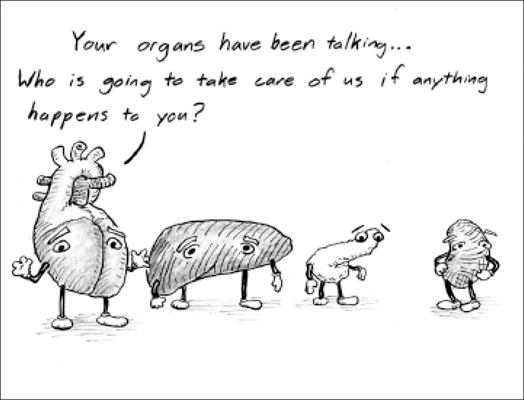Many Americans are currently on a waiting list to receive an organ transplant and it’s possible that a relative or friend of yours is on that list. NMU students have an opportunity to save a life by becoming a registered organ donor.
Many Americans have already become registered organ donors. At the moment, there are a little more than 100 million organ donors in the United States. Yet, many Americans, students included, don’t become registered organ donors because of the myths surrounding the organ donating process.
One myth is that if a person donates their organs after death, they can’t have an open-casket funeral. This isn’t true.
Burial clothes obscure any signs of tissue or organ donation. This makes it possible for organ donation and traditional funerals to coexist.
Another common myth and fear is that by being an organ donor, physicians and surgeons won’t try as hard to save and prolong your life as they would if you weren’t an organ donor. Once again, not an ounce of truth in that myth.
Doctors try their hardest to keep you alive every second you are in their care. They don’t even know if you’re an organ donor until death occurs.
Some don’t become an organ donor because they think organ donation will interfere with their religious beliefs. While this may be possible, organ donation is usually consistent with most religions, including Christianity and Judaism.
By overcoming myths like these and becoming an organ donor, you can single-handedly save lives. Another person is added to an organ transplant waiting list every 10 minutes. At the moment, this number has climbed to more than 100,000.
On average, 79 people receive transplants each day in the U.S. At the same time, an average of 18 people die each day because of a shortage of organ transplants, totaling about 6,500 deaths each year.
Join the other 100 million Americans by registering as an organ donor the next time you renew your driver’s license or visit www.organdonor.gov to find your state’s organ donor registry.
By doing so, you not only have the chance to save one life, you have the chance to save up to eight.






















